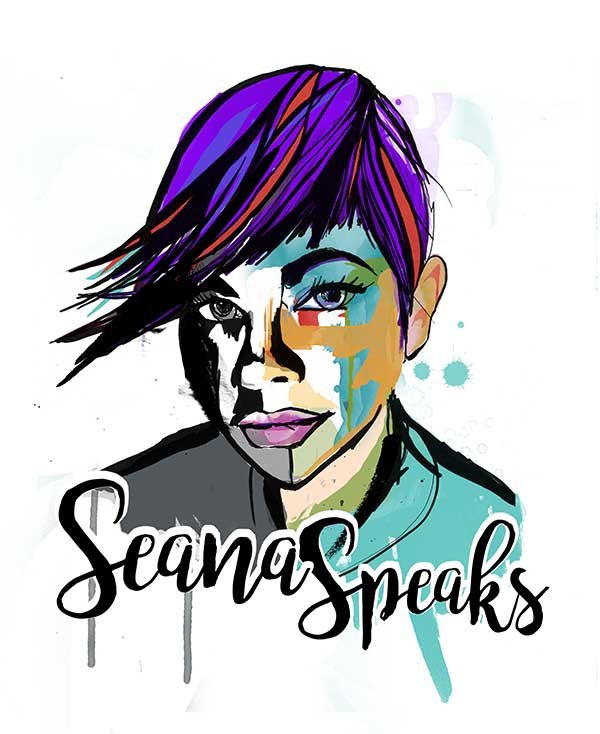A message to our allies
I need to say some uncomfortable things to the allies of individuals with mental illnesses. I need you to read carefully and thoughtfully and to think about whether these words apply to you and to your relationships. If you recognize yourself in these words, I need you to think about making some changes. The truth is that many of you are likely trying to support a person with a mental health disorder while still engaging in behaviors that stigmatize mental illness itself. This is a duplicity that cannot exist. In the following paragraphs I’ve outlined some common ways our friends and family tend to cause harm when they mean to help, and some of the ways you can avoid these pitfalls.
If you applaud your friend’s bravery for getting help or for talking about their illness, you are stigmatizing their condition. It is not brave to treat a disease or to talk about medical issues. Suggesting otherwise can make a person feel like an uncomfortable “other.” Instead, if your friend had a hard time making it to their first appointment or struggles with opening up, you might try, “You’ve told me these things can be hard to talk about. I’m glad to see you trying.”
If you are ever tempted to broach the topic of your friend or loved one’s medication or treatment plan with them, don’t. As a general rule, if they don’t initiate the discussion with you, it’s not open for discussion. (There are some important exceptions, namely if you are worried they are in danger.) You cannot ask your friend if they plan to wean off their medication, even if only to try a new form of treatment, without planting the idea that there is shame attached to their prescription. Similarly, if you suggest herbs instead of pharmaceuticals to people currently on, or planning to be on those pharmaceuticals, you are adding to the current of shame and stigma that surrounds them. It may not be intentional, but it’s unavoidable. Finally, you cannot say with one breath, “I am so glad that medicine works for you,” if you must use your very next breath as a reminder that, “I would never take them personally, but I’m glad they help you.”
So what can you say about medication if your friend brings it up? Well, they may be asking for your opinion, but what they’re really looking for is your support. We are living in a culture that is convinced if we could just manage to exercise enough, manage our nutrition better, or find the perfect supplement we would likely be well. We live out our diseases in a society that openly judges us whether we choose to treat ourselves naturally or pharmaceutically. So if we ask our friends and families what they think about our choices, we’re rarely asking for their opinions, we have enough of those, we’re just looking for their support. Do your best to offer as much of that as you can with as little opinion attached as possible.
Speaking of things best left unsaid, avoid “should” statements as much as possible. Phrases like, “you should just come out for a little while, you might feel better,” are popular. Or, one of my personal favorites, “you shouldn’t be so hard on yourself.” The reality is, your friend who is battling a mental health disorder, has very likely tried engaging in social activity as a means of feeling better. It’s even more likely that they’ve tried not being so hard on themselves. In fact, whatever “should” you can reasonably conjure, your friend has likely thought it, tried it, and been through half a dozen more. “Should” statements cause people to feel responsible, as if the presence of disease is somehow their fault. Instead, try asking what you can do to help. “What do you think would help you tonight?” “Do you want to stay in? Would you like some company, or do you think you’d rather be alone?” Knowing that we have friends who are willing to meet us where we’re at and to let us be who we are is a rare and fulfilling experience.
These are only a few possible recommendations to make your relationships more intentional. The best possible way to have a successful and non-stigmatizing relationship with a person who has a mental health disorder is to ask that person the most effective way to support them specifically. People are individuals. Good support, just like good relationships, cannot happen without communication.
We can’t always help our societal stigmas. Our biases began to form in us as children, often becoming cemented before we were even aware. As adults, however, we can do the work to see them. And when we do, when we see our biases clearly, we can make the choice to change.




